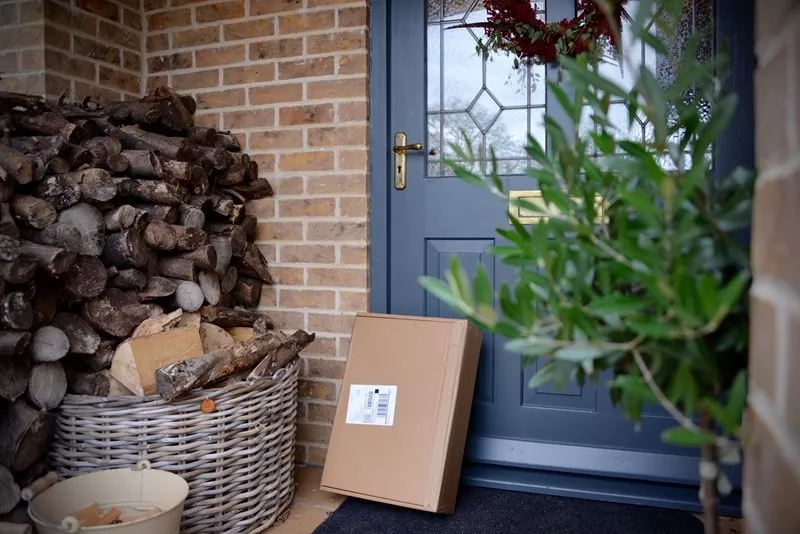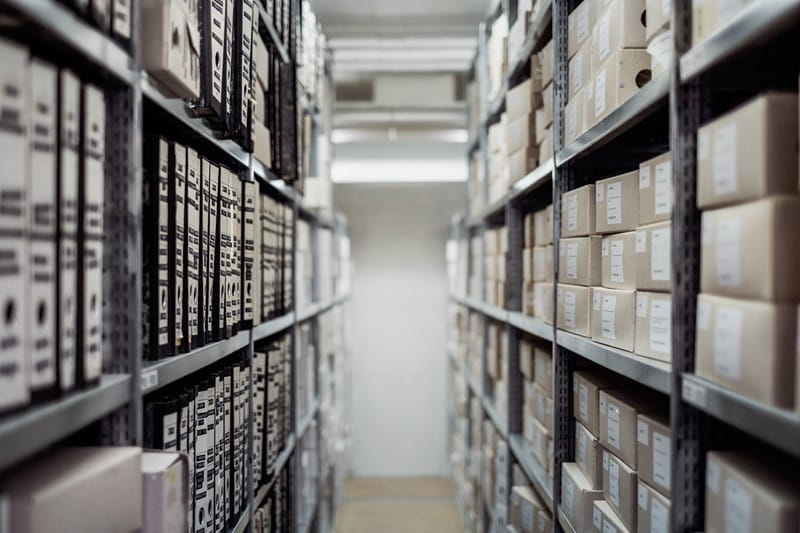
E-commerce is an industry born out of our desire for the best price and fast product delivery.
Sellers in online stores such as Ebay, Amazon and Etsy have been active for over a decade to provide the myriad of options for buyers but poor quality labels are still common and can have significant impacts on ongoing profitability and customer service.
So, what’s the link between a great labelling processes and e-commerce success, and how can you tick all the right boxes? In this article, we explain the essential considerations to refine your labelling process.

How to refine your labelling process
Just like any aspect of a business, you want to have your labelling process down to a T so that you invest minimum time and see maximum results. Here are some tips to make that happen:
1. Avoid wastage
Wasted labels and paper are more than a nuisance for businesses that rely on ecommerce; they’re actively reducing your profit margins. If your printer is firing out misprints galore, this is a red flag that your e-commerce operation isn’t as smooth as it could be.
Worse still, if you don’t catch these misprinted labels before they go out for delivery, there’s a good chance your customers will experience delays in receiving their goods or might not receive them at all. It’s often, therefore, worth investing a little more in a machine that produces higher quality labels, so that yours are always properly centered, sufficiently adhesive and feature clean text with no streaking.
2. Ensure compatibility with delivery companies
The most professional looking labels on the planet are no good if they’re not compatible with the demands of delivery organizations. It’s worth noting, however, that even if some models aren’t compatible with your chosen shipper out of the box, you may well be able to edit your label to achieve the desired result.
3. Look for a speedy setup
If you’re upgrading the printer you use for your e-commerce labels, a slow setup can mean a bottleneck in orders and slow delivery to customers. When researching your options, read consumer reviews – these will often highlight setup issues, or recommend products that were quick and easy to get up and running.
Talking of speed, you also should investigate the printing rate of your chosen model, so you have an idea of how your investment will impact the speed of your entire process.
4. Seek out portability
Large industrial label printers may be the norm in huge warehouses, but they’re often not the best option for online sellers. Having portable label printers can help with on-the-go printing and will save you space.
In addition, choosing a wireless model also stops your office getting cluttered with cables, and also means you can print directly from your phone or other mobile devices.
How to create the perfect label
Now that you’ve got streamlined your labelling process, let’s look at how you can improve the labels themselves. This may seem so easy you can ignore it, however failing this last little step can make all the difference to whether your service is completed.
- Print your labels: First time e-commerce sellers may feel they have adequate time to quickly handwrite their labels – but beware the problems that come from this manual task. Writing your labels will quickly become very time consuming which can limit the speed of your production line. Furthermore, writing is not always 100% legible and is prone to smudging in transit. Do yourself a favor and invest in a high-quality label printer early on – it’s fast, efficient and accurate.
- Invest in quality: Labels need to be clearly laid out, very adhesive and most importantly fully legible. High quality print labels ensure all of these factors and are much less likely to break off, tear or smudge in transit.
- Ensure correct sizing: Some printers are able to automatically detect the size of the label tape you’re using, adjusting the onscreen template accordingly so you can check that everything is as it should be. This is particularly useful if you use different shipping companies for different products or destinations.

Easy labelling mistakes to avoid
Having discussed what you should do, it’s always a good idea to discuss some easy mistakes that can be equally simple to avoid.
- Sticking your labels over corners or seams: Your package will be scanned at every checkpoint along its journey. Barcodes that aren’t easily scannable are only going to slow things down or make delivery impossible altogether. Ensure that your label is on a level, flat section of packaging without any structural interruptions.
- Consider your paper choices: Printing your shipping labels onto standard paper may seem like a cheap and easy option, but it creates a less-than-professional look. This can make your customers reconsider the quality and legitimacy of your business.
- Avoid removable labels: Easily removable labels may be a blessing once the customer is in possession of their product, but in transit they can be a nightmare. Don’t risk having your labels lost.
- Reusing old boxes: Even for the most green minded among us, reusing old tatty cardboard boxes is a no no. Not only do they look unprofessional, they can also break in transit, and the presence of old labels can be confusing for carriers. New boxes are a must – but try and find a producer who manufactures from recycled materials to minimize your carbon footprint.
Label printing made easy
Label printing needn’t be a hassle. With Brother’s agile label printers it is simple to both keep track of your inventory and get accurate delivery. Taking advantage of advanced portable printing solutions will make for a smoother, more accurate process. For example, our portable wireless print solutions can deliver fast reliable printing by utilizing Wi-Fi, Bluetooth®, AirPrint®, and MFi.
For more information on how to improve your labelling process, get in touch with the team at Brother today.
Brother International Gulf FZE offers a wide range of multifunction printers, scanners, sewing machines, and label printers. As the central hub, it manages a vast network of authorized distributors across the Middle East, Levant, and substantial parts of Africa, including North Africa, ensuring accessibility and distribution.




